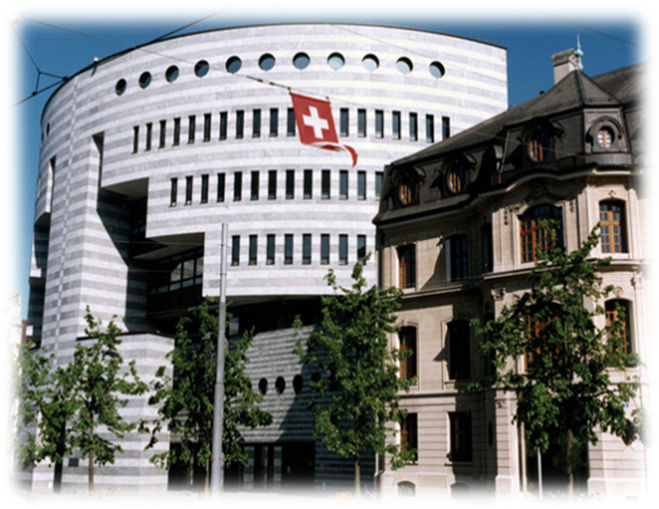2.2 Acting as a counterparty for central banks, via financial transactions with central banks and acting as a Trustee for transactions pertaining to other international financial organizations.
The BIS provides various services for central banks pertaining to international reserves management. It provides such services via 3 dealing rooms in its Basel headquarter and its offices in Hong Kong SAR and Mexico.
In addition to general services such as depository, the BIS also provides new financial products to increase returns on central banks’ international assets and acts as a representative in international reserves and gold transactions.
The BIS also acts as a fund manager for member central banks international reserves, either in the form of bilateral agreements between the BIS and respective central banks or open-ended funds.
Furthermore, the BIS also provides short term collateralized loans to central banks and help to coordinate emergency loans during a financial crisis.
2.3 Center for Economic and Financial Research
The BIS’s economic, financial, and legal research has supported various meetings and working committees. Furthermore, the BIS also provides central banks statistical data and publishes statistics on financial institutions, FX and derivatives markets.
2.4 Fostering innovation and knowledge-sharing
With the accelerating role of technology in the financial sector, the BIS enhances collaboration among central banks on innovation and socially-responsible risk management through the BIS innovation hubs which are located across global financial centers including Singapore, Switzerland, London, Stockholm (Nordic centre), Toronto, and Frankfurt/Paris (Eurosystem centre).



